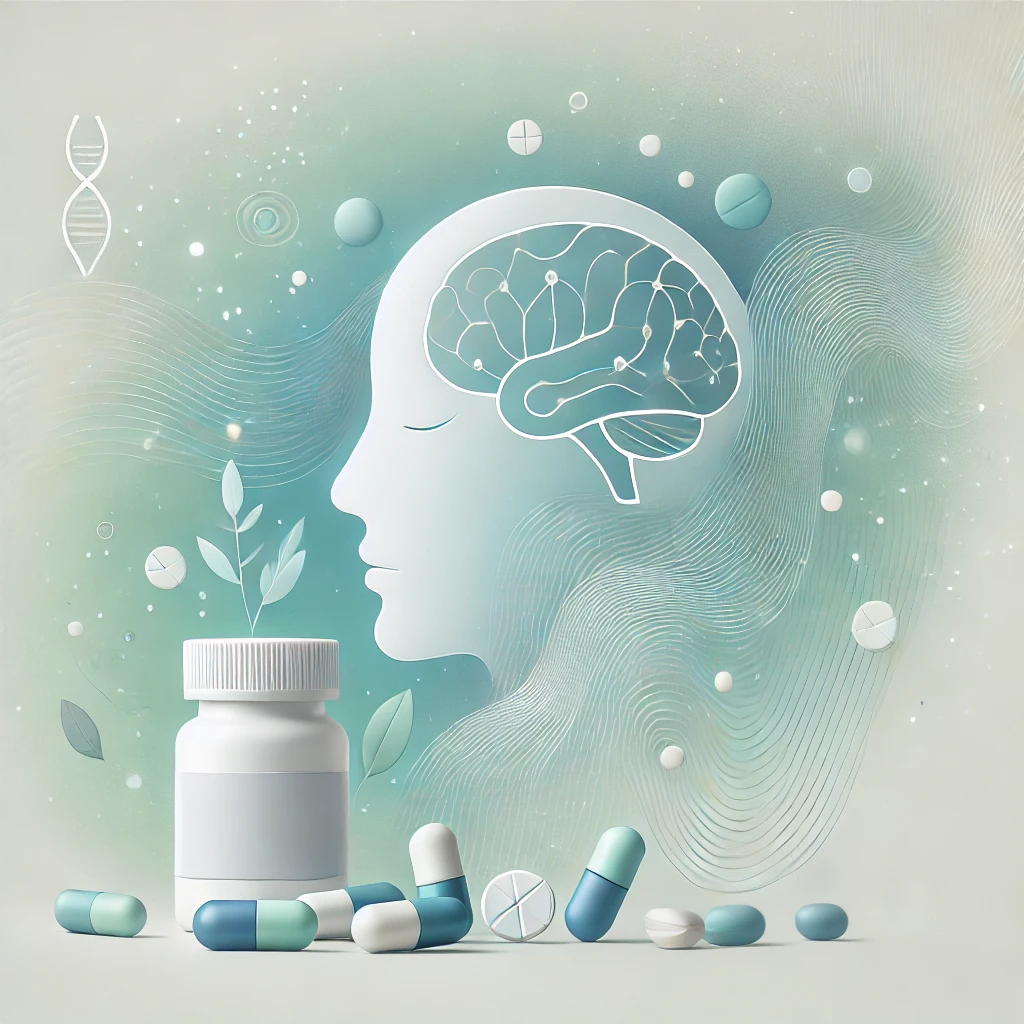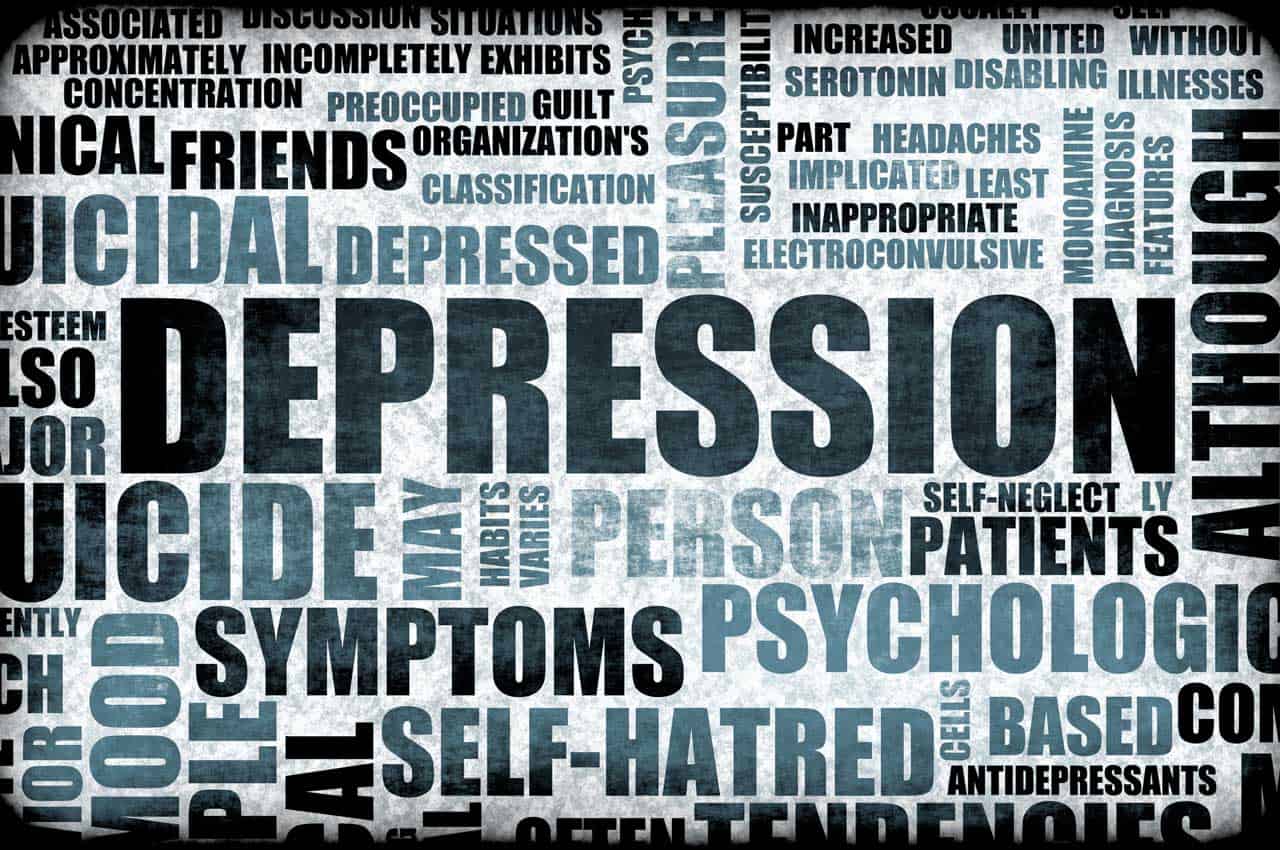On March 5, 2019 the Food and Drug Administration (FDA) approved the first truly new medication for major depression in decades. The drug is a nasal spray called esketamine, derived from ketamine—an anesthetic that has made waves for its surprising antidepressant effect.
Interestingly, studies from Yale research labs showed that the drug ketamine, which was widely used as anesthesia during surgeries, triggers glutamate production, which, in a complex, cascading series of events, prompts the brain to form new neural connections. This makes the brain more adaptable and able to create new pathways, and gives patients the opportunity to develop more positive thoughts and behaviors. This was an effect that had not been seen before, even with traditional antidepressants.


























